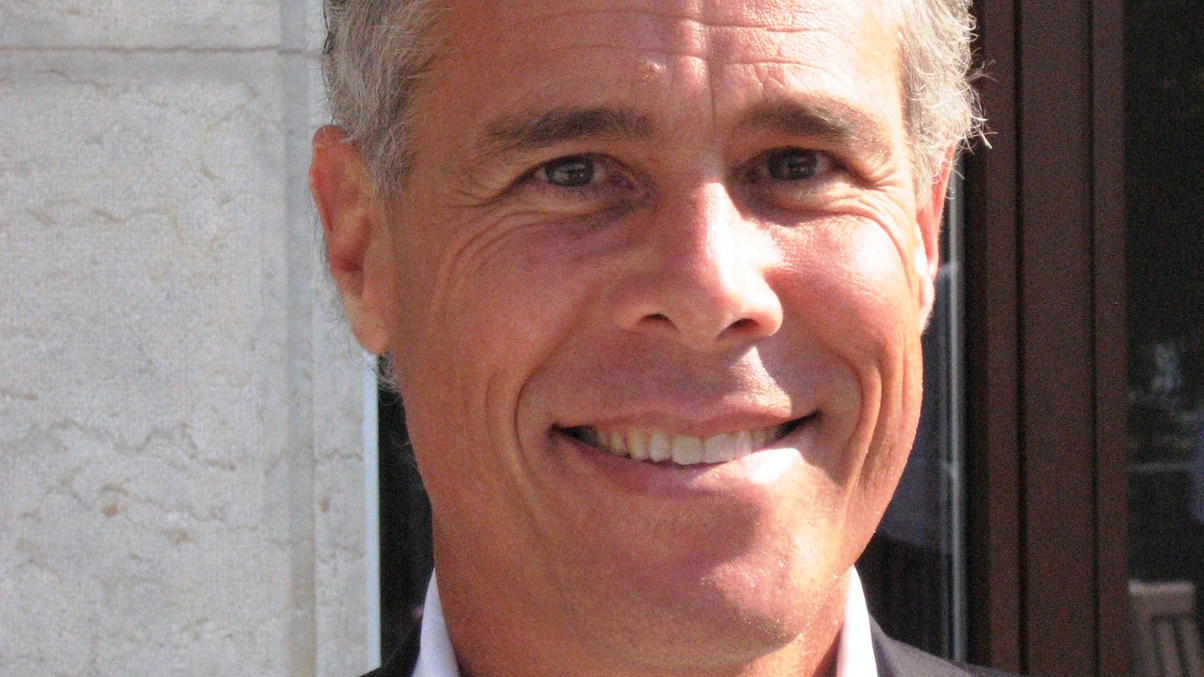Signet readies Asia private lending portfolio
The fund of hedge funds sees an opportunity to work with a handful of regional hedge funds targeting private loans in Indonesia.

Signet Group, a $1.7 billion fund of hedge funds based in London and Lausanne, Switzerland, is in talks with US and European institutional investors about designing a portfolio to invest in Asia-based managers involved in private lending.
Sign in to read on!
Registered users get 2 free articles in 30 days.
Subscribers have full unlimited access to AsianInvestor
Not signed up? New users get 2 free articles per month, plus a 7-day unlimited free trial.
¬ Haymarket Media Limited. All rights reserved.


